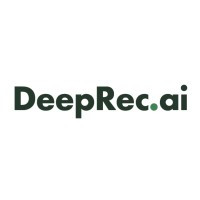Never Miss a New Opportunity
Subscribe and get the latest jobs directly to your inbox
Related Jobs

Takeda Pharmaceutical
•
Full-time
•
Boston, Massachusetts, United States
•
$111.80k - $175.67k / year
•
1d ago




ConcertAI
•
Full-time
•
Cambridge, Massachusetts, United States
•
$86.56k - $140.20k / year
•
4d ago



